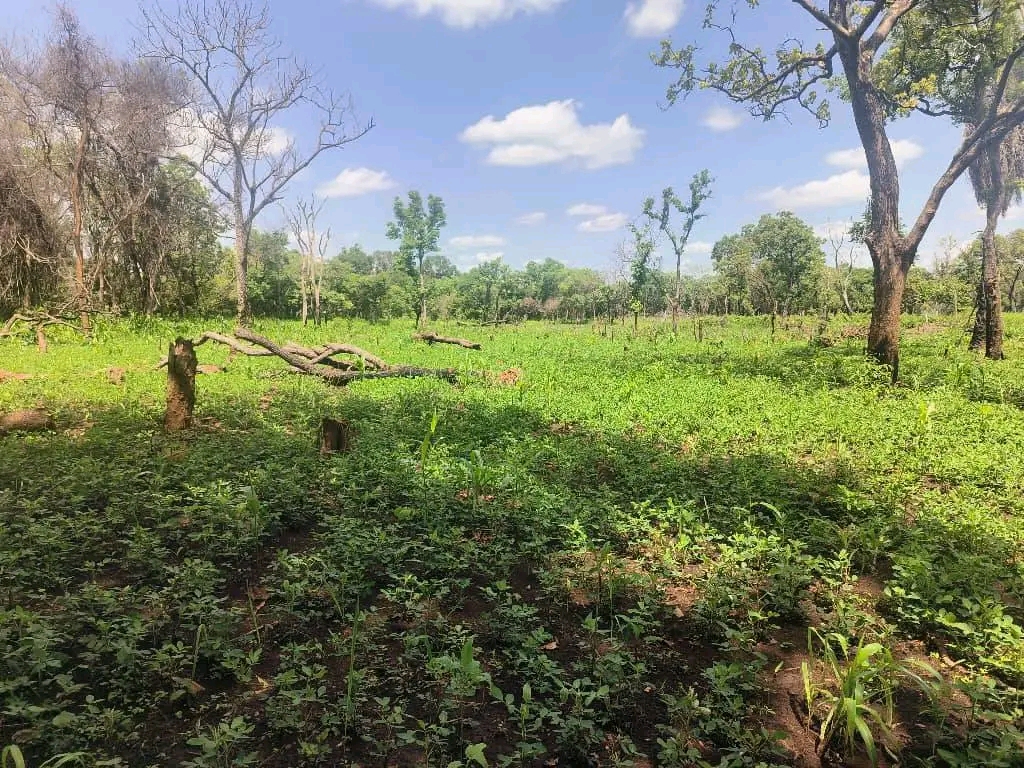Farmers in Western Equatoria State have raised an alarm over widespread crop failures caused by erratic and unpredictable rainfall, which they link to the growing effects of climate change.
Speaking to Radio Tamazuj, Joseph Gabriel Khamis, a farmer in Yambio, said this year’s weather has disrupted normal planting patterns.
“In 2025, the rains have changed. I planted maize, but it dried up due to a lack of rain. Unlike past years, this time it only rains occasionally,” he said. “Now we are in crisis because of the changing climate.”
According to Khamis, the rains came early last year and were consistent, allowing crops to thrive; however, this year, long dry spells and late rains have forced many farmers to rely on food markets.
In Tambura County, another farmer, Siki Renzi, shared similar concerns.
“Over the past four months, rainfall has been unpredictable. Sometimes it is too much, other times too little,” he explained. “In the past, we started planting as early as March, but now, in June, many people are still planting.”
In Mvolo County, another farmer, Elinai Dusman, appealed for government support, saying the rain had failed them.
“Many crops have failed due to insufficient rainfall, and I appeal to the government and partners to support us with irrigation tools so we can water our crops,” he said.
Dusman added that even cassava, a drought-tolerant crop, was severely affected, not only by the dry conditions but also by pests such as tamarind worms, which have increased due to the changing climate.
Meanwhile, in Maridi County, Beneth Bazia, a member of the Luru Cooperative Group, said the rains came late, stunting crop growth.
“We do not have the tools or tractors we need for proper farming. I urge the government and partners to support farmers in Maridi with agricultural equipment,” he said.
Responding to the farmers’ concerns, Western Equatoria State’s Minister of Agriculture, Alison Baranaba, acknowledged the growing challenges linked to climate change.
“Our farmers are working hard to improve their farming methods, but climate change continues to disrupt everything,” he stated. “This year, the rains that usually begin in March only started in May.”
The minister warned that the delay has led to reduced food production and growing concerns over food security.
“Climate change is no longer just a global issue; it is now a local crisis because many small-scale farmers in our state have lost their crops due to late rains and pest infestations,” he said. “While we continue to pray for God’s mercy, we are also working on practical solutions. One key priority is helping farmers deal with pests and climate-related shocks.”
Baranaba also appealed to the national government to rehabilitate roads to support food distribution.
“Improving trunk and feeder roads will help farmers transport their produce to markets, especially to urban centres like Juba. Better roads mean better food access and income for our communities,” he stressed.
As Western Equatoria faces the brunt of climate change, farmers and officials are calling for urgent interventions, ranging from climate-resilient agriculture and infrastructure improvement to timely support with farming tools and inputs.




